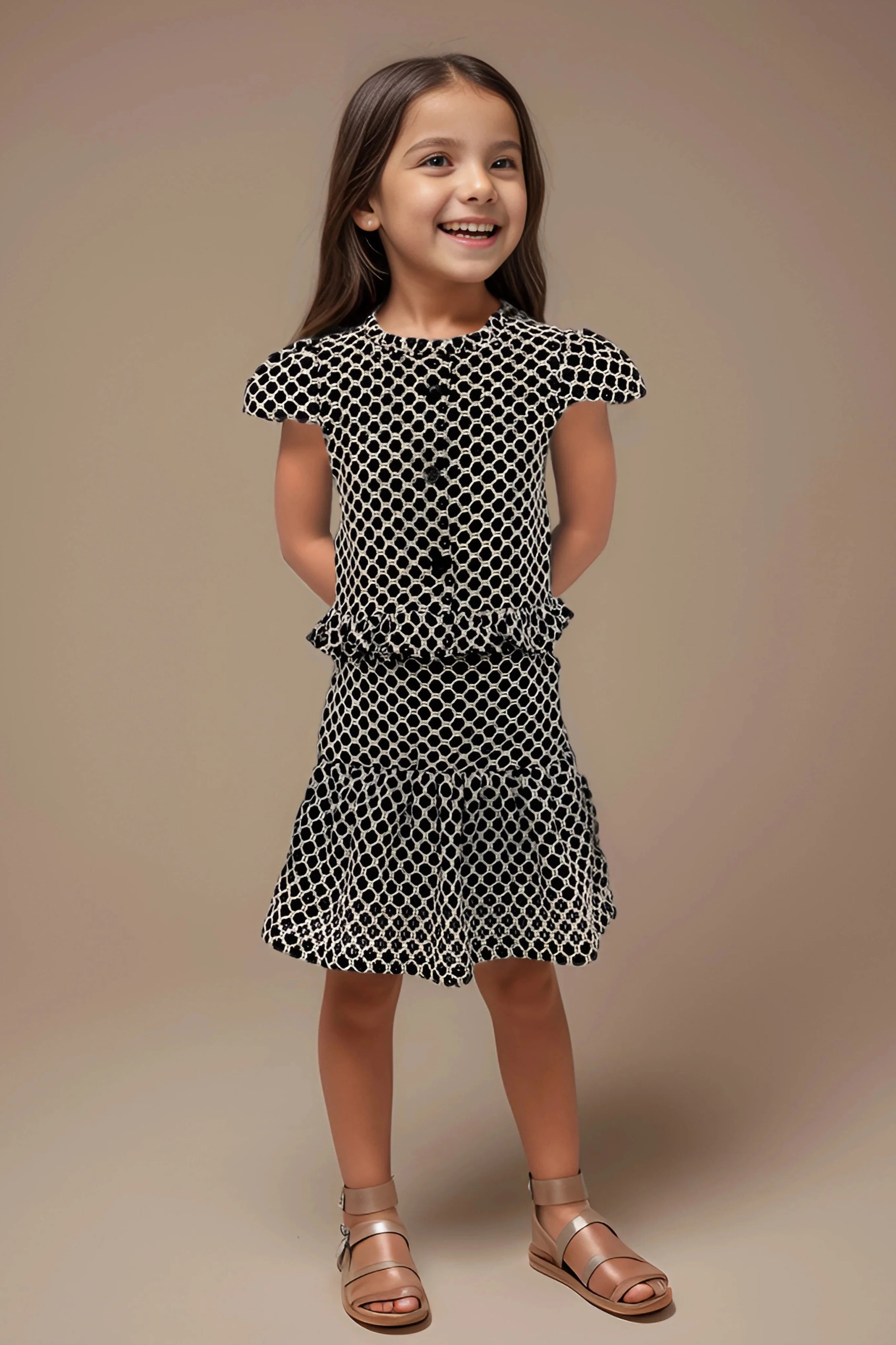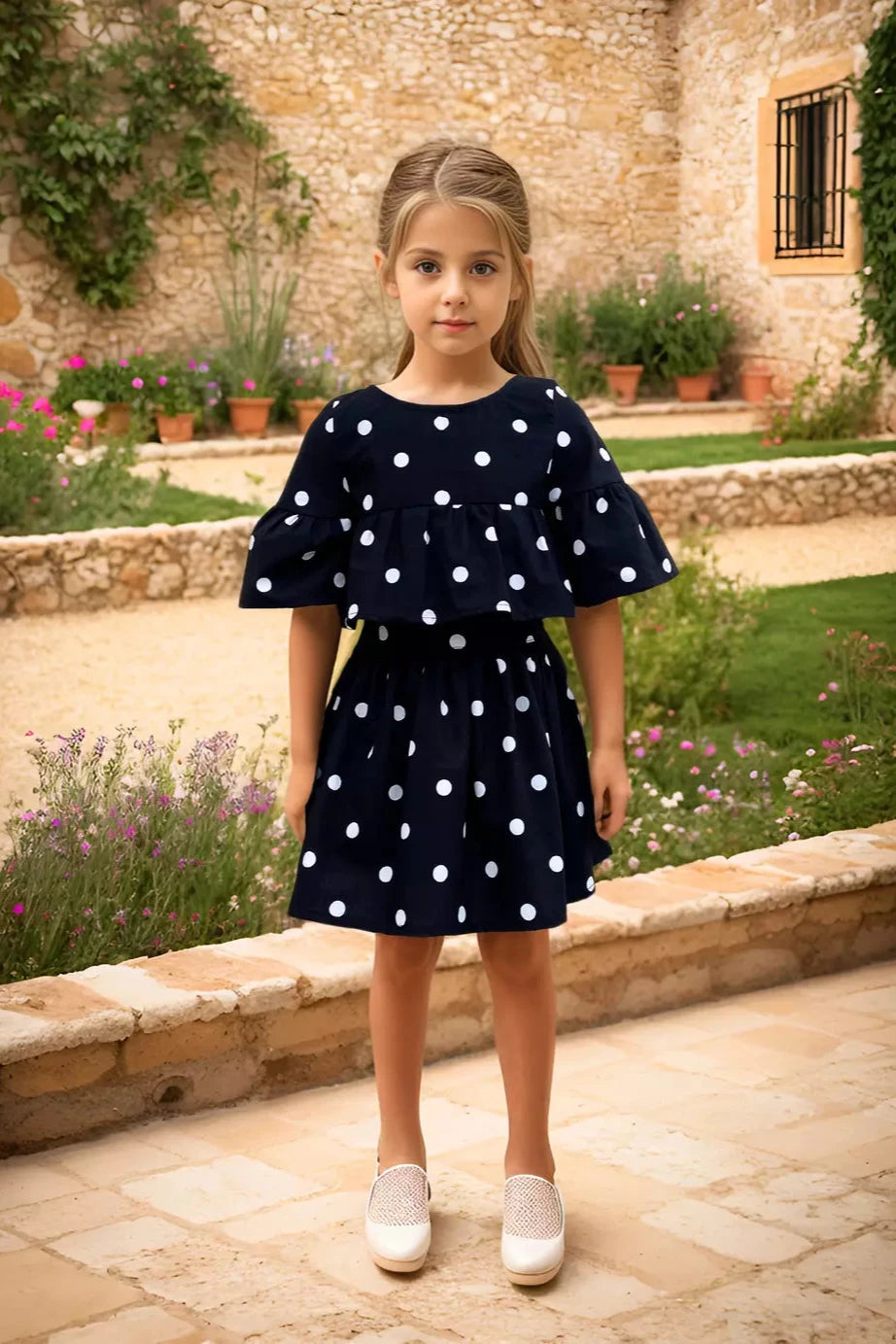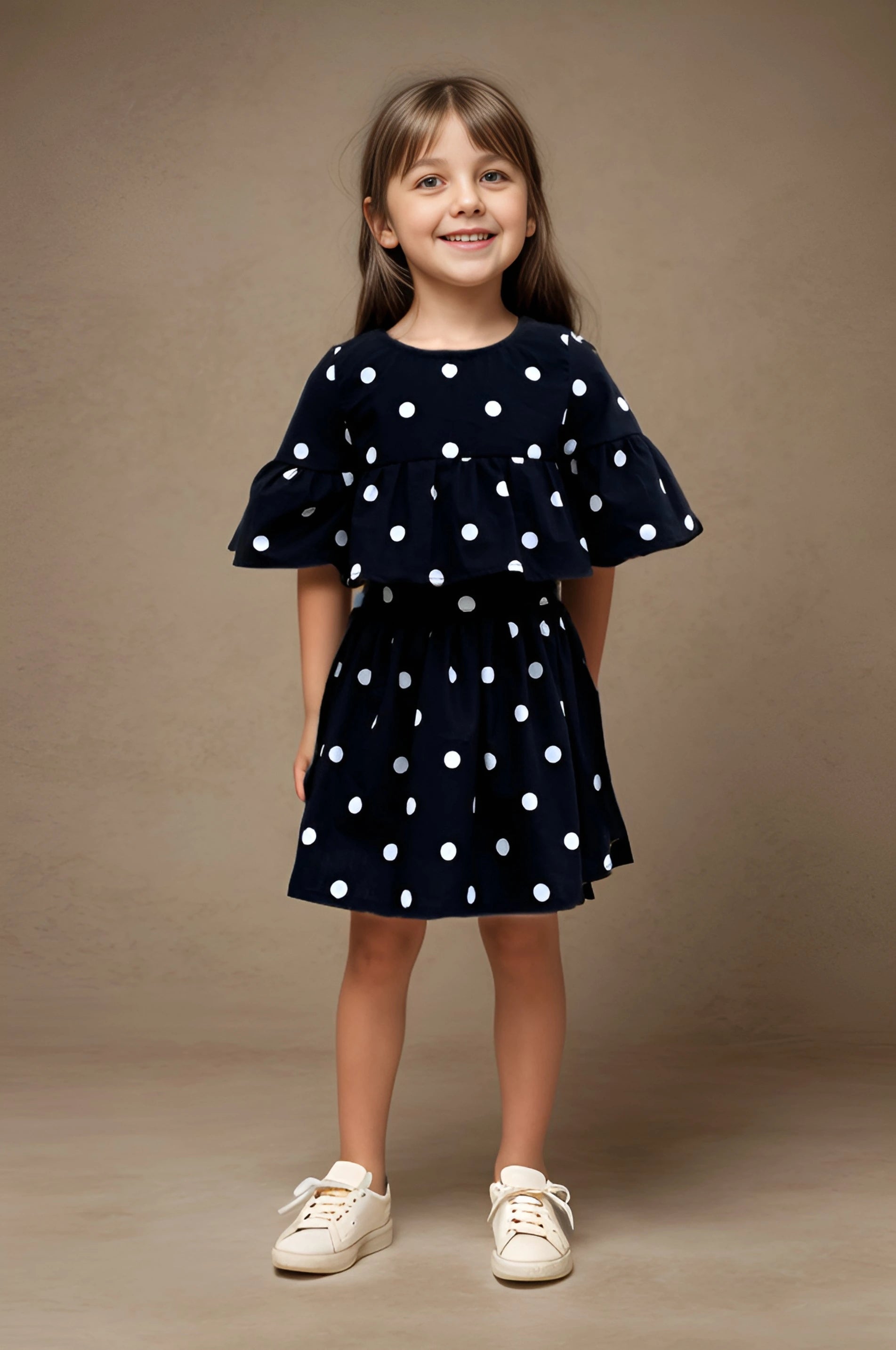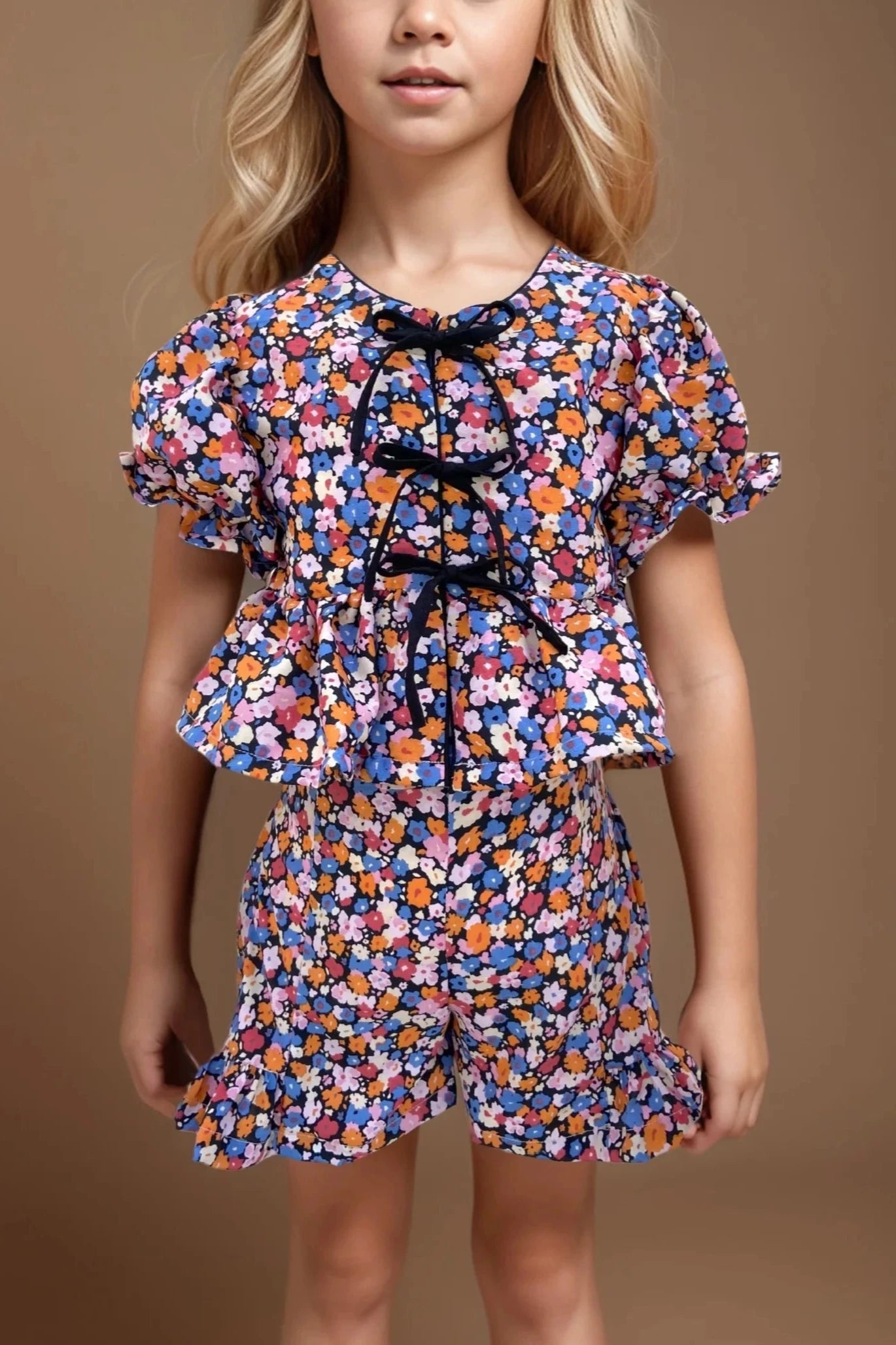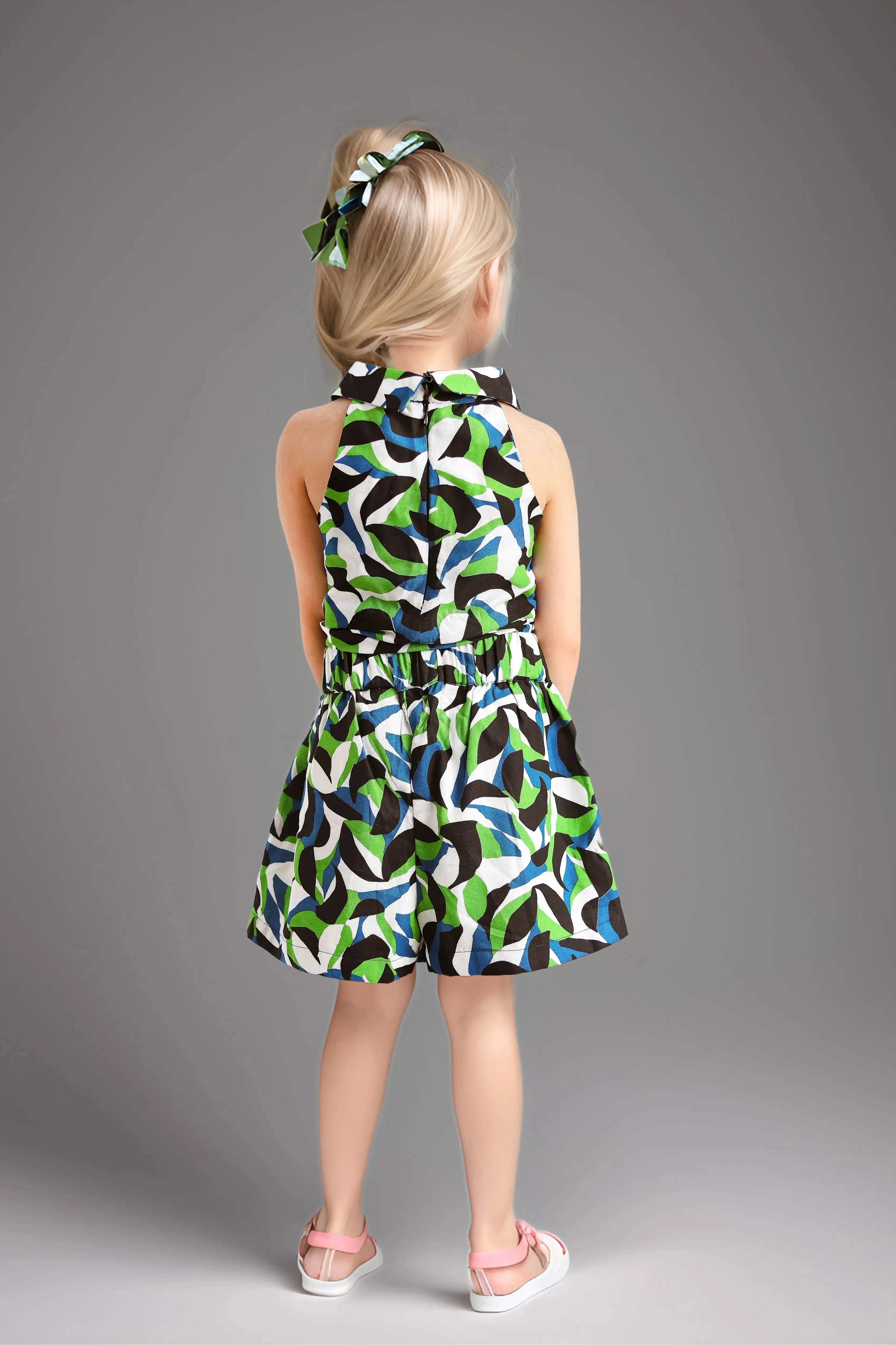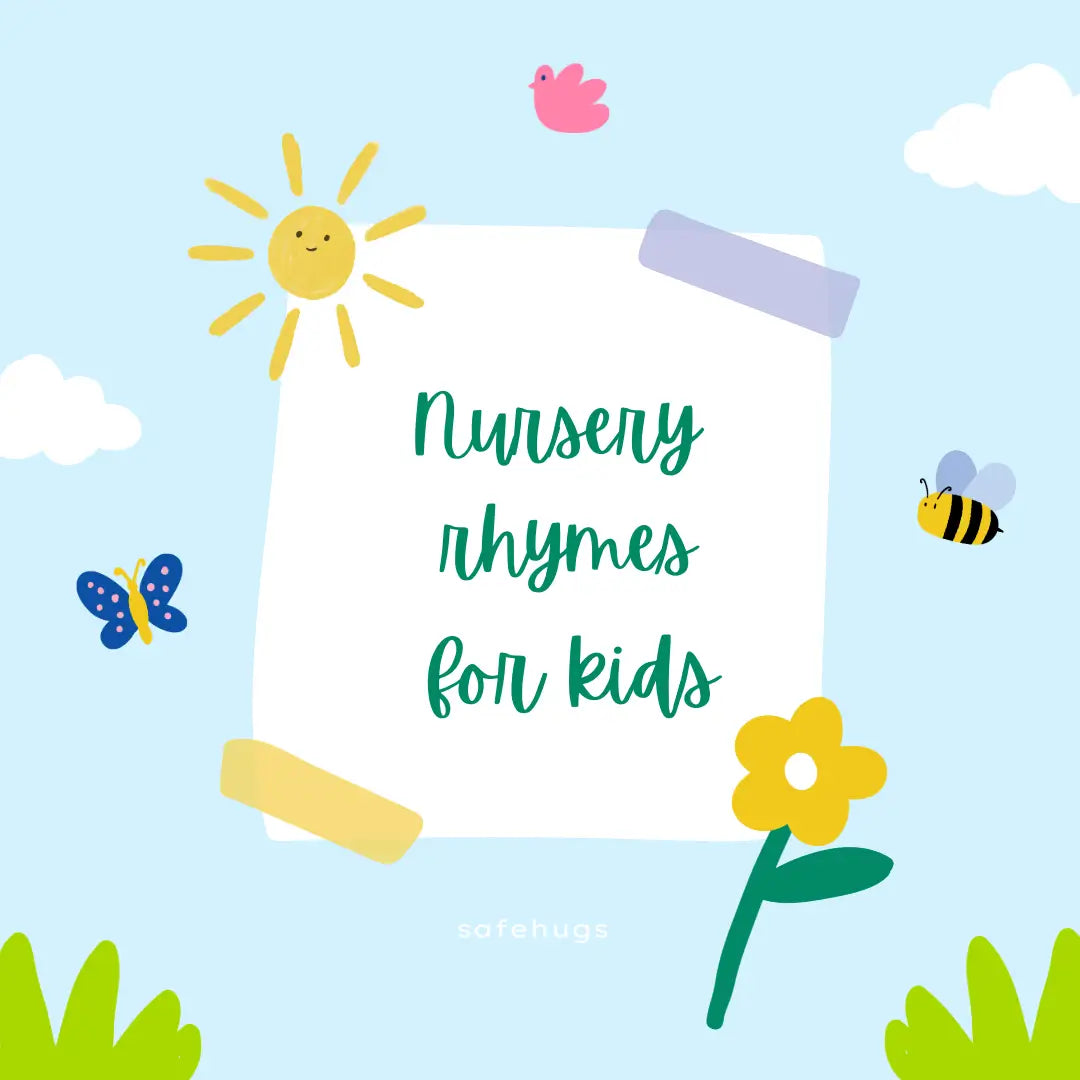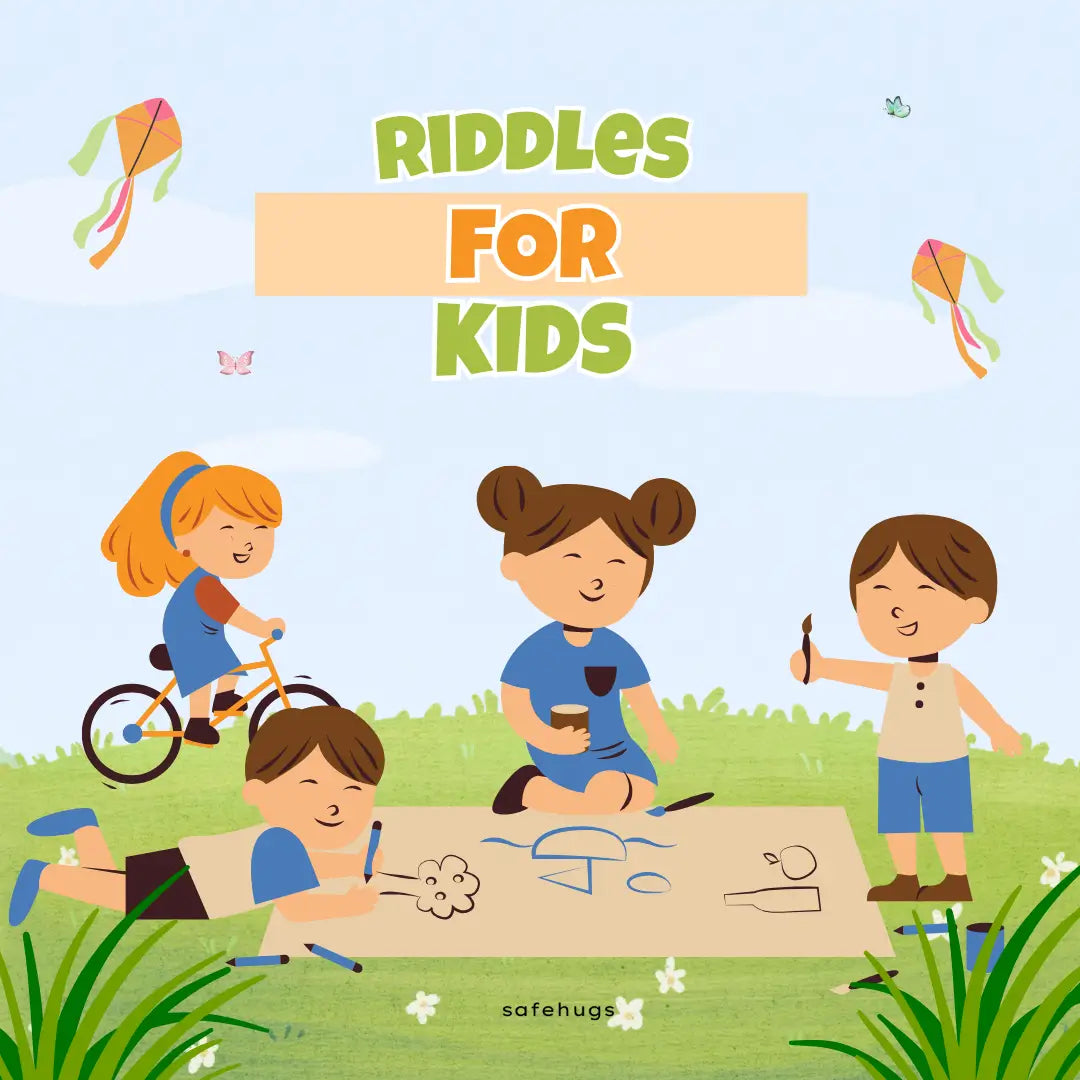How to Support a Neurodivergent Child: Tips for Parents & Caregivers

What You’ll Learn:
- Understanding neurodivergence in children.
- Practical ways to support a neurodivergent child.
- Navigating school and social challenges.
Parenting is full of surprises—some that make you laugh, some that make you pause, and others that make you rethink everything you thought you knew. If you're raising a neurodivergent child, you might feel like you're constantly learning, adjusting, and speaking up for them. And that’s okay. You’re not alone.
Neurodivergence just means that your child’s brain works a little differently than what’s considered “typical.” It’s not something that needs to be “fixed” but something to understand, appreciate, and support. This guide is here to walk with you through this journey—with knowledge, encouragement, and, most of all, love.
What does Neurodivergent Mean?
Neurodivergent Meaning
Being neurodivergent simply means that a person’s brain works in a way that’s different from what’s typically expected. This can include autism, ADHD, dyslexia, and other ways of thinking and processing the world.
Neurodivergent individuals experience, learn, and interact with the world in their own unique way—sometimes in ways that bring incredible strengths, and sometimes in ways that come with challenges. But at its core, neurodivergence isn’t a flaw—it’s just a different way of being.
Neurodiverse vs. Neurodivergent
The words neurodivergent and neurodiverse might sound similar, but they don’t mean the same thing.
-
Neurodivergent refers to an individual whose brain works differently from what’s considered typical. This includes people with autism, ADHD, dyslexia, and other cognitive variations.
-
Neurodiverse describes a group that includes both neurodivergent and neurotypical individuals. A neurodiverse classroom, workplace, or community brings together different ways of thinking, learning, and problem-solving—fostering creativity, inclusivity, and innovation.
Neurodivergent Vs. Neurotypical
-
Neurotypical individuals think, process information, and interact in ways that fit the expected norms of society. Their cognitive patterns align with what’s generally considered "standard."
-
Neurodivergent individuals experience the world in ways that may differ from these norms, influencing how they learn, communicate, and navigate their environment. Some may need specific accommodations to thrive, while others develop their own ways of adapting to systems built with neurotypical minds in mind.
Common Types of Neurodivergence in Children
Neurodiversity includes a wide range of ways that children think, learn, and engage with the world. These differences aren’t deficits—they’re just variations in how the brain works. Here are some of the most common types of neurodivergence in children:

1. Autism Spectrum Disorder (ASD)
Autism affects communication, social interactions, and sensory experiences. Children with ASD may have:
-
Strong focus on specific interests
-
Sensory sensitivities
-
Challenges in social interactions
-
Unique ways of processing information
2. Attention-Deficit/Hyperactivity Disorder (ADHD)
ADHD is characterized by inattention, impulsivity, and hyperactivity. Symptoms may include:
-
Difficulty focusing on tasks
-
High energy levels
-
Impulsive decision-making
-
Challenges with organization
3. Dyslexia
Dyslexia affects reading, writing, and spelling abilities. Children with dyslexia may:
-
Struggle with letter recognition
-
Have difficulty reading fluently
-
Find it challenging to spell and write words
4. Dyscalculia
Dyscalculia impacts mathematical abilities and number sense. Children with dyscalculia may:
-
Struggle with basic math concepts
-
Have difficulty recognizing numbers and patterns
-
Find it hard to understand time and measurements
5. Dysgraphia
Dysgraphia affects handwriting and fine motor skills. Children with dysgraphia may:
-
Have messy or illegible handwriting
-
Struggle with spelling and organizing thoughts on paper
-
Find writing tasks tiring or frustrating
6. Sensory Processing Disorder (SPD)
SPD affects how the brain processes sensory information. Children may be:
-
Overly sensitive to sounds, textures, or lights
-
Under-responsive and seek more sensory input
-
Easily overwhelmed by sensory stimuli
7. Tourette Syndrome
Tourette Syndrome is a neurological condition that causes involuntary movements and vocalizations. Children with Tourette Syndrome may:
-
Experience sudden, repetitive tics (motor or vocal)
-
Have tics that increase with stress or excitement
-
Often have co-occurring conditions like ADHD or OCD
8. Obsessive-Compulsive Disorder (OCD)
OCD involves intrusive thoughts (obsessions) and repetitive behaviors (compulsions). Children with OCD may:
-
Feel the need to repeat certain actions to reduce anxiety
-
Experience distressing, unwanted thoughts
-
Struggle with rigid routines or rituals
9. Auditory Processing Disorder (APD)
APD affects the way the brain interprets sounds. Children with APD may:
-
Have difficulty understanding speech in noisy environments
-
Struggle to follow verbal instructions
-
Misinterpret words or sounds
10. Intellectual and Learning Disabilities
These conditions impact cognitive abilities, problem-solving, and adaptive skills. Children with intellectual or learning disabilities may:
-
Take longer to learn new skills
-
Need additional support in academic and daily activities
-
Have unique strengths in creative or practical areas
How to Recognize Neurodivergence in Children
Early identification helps in providing the right support. Signs to look for include:

-
Delayed speech or language development
-
Difficulty following instructions
-
Unusual responses to sensory input
-
Struggles with social interactions
How to Support a Neurodivergent Child
Every child deserves to feel understood, supported, and loved for who they are. If you're parenting a neurodivergent child, here are some ways to create an environment where they can thrive
1. Create a Supportive Environment
Home should be a safe space where your child feels accepted and valued. Educate family members about neurodivergence, encourage open conversations, and celebrate differences.
2. Communicate in a Way That Works for Them
Not all kids process information the same way. Some need clear, direct instructions, while others do better with visual aids or written reminders. Be patient, listen, and allow them to express themselves in their own way.
3. Encourage Their Strengths
Neurodivergent kids often have unique talents and passions—whether it’s art, music, technology, problem-solving, or storytelling. Focus on their strengths, nurture their interests, and help build their confidence.
4. Establish Routines & Predictability
Many neurodivergent kids thrive with routines. Try:
-
Visual schedules or calendars
-
Clear daily plans
-
Transition warnings (e.g., “In five minutes, we’re leaving for school.”)
5. Advocate for Their Needs
You are your child’s biggest supporter. Work with teachers, therapists, and healthcare professionals to ensure they receive the right accommodations—whether that’s extra time on tests, sensory-friendly classrooms, or individualized learning plans (IEPs or 504 plans).
6. Take Care of Yourself Too
Parenting a neurodivergent child can be overwhelming. Find a support network—whether it’s other parents, online communities, or professional counseling. Remember, you can’t pour from an empty cup.
Sensory-Friendly Activities for Neurodivergent Children
Many neurodivergent children experience sensory sensitivities, making it important to provide activities that cater to their comfort levels. Here are some fun and engaging sensory-friendly activities that can help with relaxation, focus, and self-regulation.
1. Sensory Bins
Fill a bin with materials like rice, sand, water beads, or dried beans. Let your child explore different textures by scooping, pouring, and sifting through the contents.
2. Water Play
A small water table, bath time with bubbles, or even a spray bottle filled with water can provide soothing sensory input. Add different textures like sponges, cups, or floating toys.
3. Weighted Blankets or Lap Pads
For children who find comfort in deep pressure, using a weighted blanket or lap pad during quiet time can provide a calming effect.
4. DIY Sensory Bottles
Fill a clear bottle with water, glitter, beads, or small toys to create a mesmerizing sensory experience. Watching the items float and settle can be calming.
5. Calming Music or White Noise
Soft instrumental music, nature sounds, or white noise machines can help create a soothing atmosphere for children sensitive to auditory stimuli.
6. Swinging or Rocking
Many neurodivergent children find rhythmic movements like swinging, rocking, or bouncing on a therapy ball comforting. These activities can help with emotional regulation.
7. Playdough and Slime
Soft, squishy textures like playdough or slime provide great tactile stimulation. Let your child knead, roll, and shape to explore different sensations.
8. Nature Walks
Walking in nature offers gentle sensory input, from the feel of the wind to the sound of rustling leaves. Outdoor time can be incredibly grounding.
9. Fidget Toys and Chewable Jewelry
For kids who need to fidget or chew, tools like fidget spinners, stress balls, or silicone chew necklaces can provide the necessary sensory input while improving focus.
10. Yoga and Deep Breathing Exercises
Simple yoga poses, stretching, or deep breathing techniques can help with self-regulation and relaxation, especially for children who experience anxiety.
By incorporating sensory-friendly activities into daily life, you can create an environment where your neurodivergent child feels safe, engaged, and supported.
Neurodiversity in the Classroom - How to Advocate for Neurodivergent Kids in School
Education plays a critical role in a neurodivergent child’s success. Schools and families must work together to create a supportive learning environment:
School Accommodations
Schools should provide support that meets your child’s needs. This might include:
-
Extra time for assignments and tests
-
Sensory-friendly classrooms
-
Alternative teaching methods (visual aids, hands-on activities, etc.)
Working with Teachers
Stay in touch with your child’s teachers and work together to find the best learning strategies. The more they understand your child’s strengths and challenges, the better they can help.
Common Parental Concerns
Does my child’s sensory processing issues mean they are neurodivergent?
Not always, but sensory challenges often accompany neurodivergence. A professional assessment can help determine if additional support is needed.
Glossary :
Sensory Processing – How the brain interprets and responds to sensory input from the environment. Some neurodivergent kids may be hypersensitive or hyposensitive to stimuli.
Is self-identification valid?
Yes, self-identification is a meaningful way for individuals to understand themselves. While a formal diagnosis can provide access to support, self-identification can help individuals and families navigate challenges and seek resources.
What treatments and therapies are available?
Options include occupational therapy, speech therapy, cognitive behavioral therapy, sensory integration therapy, and accommodations at school and home. Support groups and assistive technologies can also be beneficial.
Is depression considered neurodivergent?
While depression is a mental health condition rather than a form of neurodivergence, it is common among neurodivergent individuals due to challenges they may face in daily life. Understanding and addressing both neurodivergence and mental health is crucial for well-being.
How to Explain Neurodivergence to Your Child
Tell your child their brain works uniquely, just like how people have different eye colors or talents. Emphasize their strengths and reassure them that being different is normal and wonderful. Encourage open conversations and remind them they are loved just as they are.
What If My Child Is Being Bullied for Being Neurodivergent?
Validate their feelings and assure them it's not their fault. Teach simple, assertive responses, inform the school, and help them build a support system. Encourage their strengths, boost confidence, and consider professional support if needed. Remind them they are valued and not alone.
Neurodivergent Parenting Tips
Parenting a neurodivergent child is a journey filled with learning, love, and adjustments. Here are a few things that can help:
1. Celebrate What Makes Them Unique - Your child has incredible strengths—whether it’s creativity, deep focus, or out-of-the-box thinking. Encourage what they love and let them shine.
2. Keep Communication Simple - Some kids need clear, step-by-step instructions, while others do better with visuals or written notes. Find what works best for your child and roll with it.
3. Routines Make Life Easier - Predictability helps. Having a schedule, using timers, and giving heads-up before transitions can reduce stress.
4. Pay Attention to Sensory Needs - Bright lights, loud noises, scratchy fabrics—small things can be a big deal. Creating a comfy, sensory-friendly space at home can help them feel more at ease.
5. Speak Up for Them - Advocate for their needs at school and in other spaces. The right support—whether it's an IEP, therapy, or small classroom changes—can make a huge difference.
6. Help Them Find Their Voice - Teaching them to express what they need (and what doesn’t work for them) builds confidence and independence.
7. Don’t Forget About You - Parenting can be overwhelming. Lean on support groups, online communities, or trusted friends. You’re not alone in this.
Helpful Resources for Parents
Raising a neurodivergent child can feel overwhelming, but the right resources can provide guidance and support. Below are some of the best books, communities, and professional tools available to help parents navigate their journey.
Best Books for Neurodivergent Parenting
These books offer valuable insights into understanding and supporting neurodivergent children:

-
The Explosive Child by Dr. Ross W. Greene – A compassionate approach to managing challenging behaviors through collaboration.
-
Uniquely Human: A Different Way of Seeing Autism by Dr. Barry M. Prizant – Focuses on strengths-based perspectives rather than deficits.
-
The Out-of-Sync Child by Carol Kranowitz – A helpful guide to understanding and supporting children with Sensory Processing Disorder (SPD).
-
Smart but Scattered by Peg Dawson and Richard Guare – Provides strategies to help kids develop executive function skills.
-
Raising Human Beings by Dr. Ross W. Greene – Encourages parents to guide their children in becoming independent and resilient individuals.
Support Groups and Communities
Connecting with other parents and experts can provide comfort and practical advice. Consider joining:
-
Online forums such as ADDitude, Understood.org, and CHADD (for ADHD), where parents share experiences and strategies.
-
Autism support groups like The Autism Society and local parent-led organizations that provide advocacy and resources.
-
Facebook groups for parents of neurodivergent children, offering peer support and real-life solutions.
-
Local parent support networks and advocacy groups that focus on inclusive education and rights for neurodivergent children.
Professional Help and Online Resources
Reliable sources of expert advice can help parents make informed decisions:
-
Understood.org – A comprehensive resource offering expert guidance, articles, and interactive tools for parents and educators.
-
ADDitude Magazine – Specializes in ADHD-related support, including practical strategies, expert advice, and community discussions.
-
Autism Speaks – Provides toolkits, advocacy resources, and a community network for autism-related support.
-
Child Mind Institute – Offers research-backed resources for mental health and learning disorders in children.
-
Sensory Processing Disorder Foundation – Provides information, treatment strategies, and research on SPD to help parents better support their children.
Parenting a neurodivergent child comes with challenges, but it also brings incredible joy. Your child is not broken or in need of fixing—they are uniquely and wonderfully themselves. By providing love, understanding, and support, you are helping them navigate the world in their own way.
Let’s continue to spread awareness, advocate for inclusivity, and celebrate neurodiversity. Because every child deserves to be understood, valued, and empowered to thrive.
Related:
FAQ'S
1. How are gifted kids neurodivergent?
Gifted kids can be neurodivergent because their brains process information differently, often leading to intense focus, heightened sensitivity, or asynchronous development (advanced in some areas, behind in others).
2. What does it mean for a child to be neurodivergent?
A neurodivergent child has a brain that functions differently from what is considered typical, including conditions like autism, ADHD, dyslexia, and giftedness.
3. Is having a high IQ considered neurodivergent?
Not all high-IQ individuals are neurodivergent, but some gifted children may exhibit neurodivergent traits, such as heightened sensory sensitivity or difficulties with social interactions.
4. How do you calm a neurodivergent child?
Calming techniques include creating a predictable routine, using sensory-friendly strategies, offering deep pressure (like hugs), providing quiet spaces, and using clear, gentle communication.
5. Can neurodivergence be 'fixed'?
Neurodivergence is not something to be "fixed," as it is a natural variation in brain function. Instead, support, accommodations, and understanding help neurodivergent children thrive.











